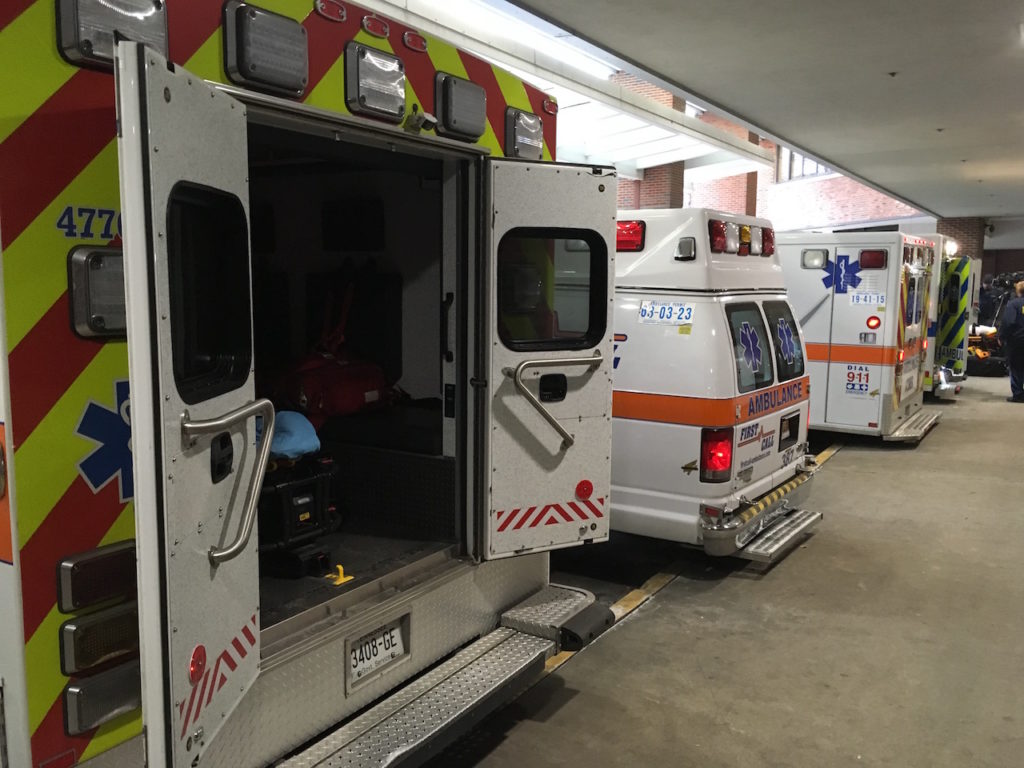
Suicides have been surging in Tennessee, and state health officials don’t know why — in part — because they haven’t been studying them closely. The legislature is considering a proposal to review each suicide, case by case.
In 2016, 1,110 suicides were tracked by the state —
a record since Tennessee started counting. The Department of Health can provide a breakdown of age, geographic distribution, gender and method.
“We occasionally get requests — sort of ad hoc requests — for how many suicides were there? How many suicides among a particular population? So we can produce those counts,” deputy commissioner Michael Warren told the state Senate’s Health Committee. “But we don’t do anything formal in terms of looking at underlying causes for all the suicide deaths.”
There’s some thought the deaths are undercounted — often classified as accidental in counties that don’t have the resources to investigate further. It’s also hard to spot trends without interviewing loved ones. The Tennessee Suicide Prevention Network has called for so-called “psychological autopsies,”
as conducted by the military for 30 years. And there’s thought that some drug overdoses would be considered suicides if given a closer look.
The TSPN has wanted a review akin to the
Child Fatality Review, where experts scrutinize all deaths for anyone under age 18. So this proposal, which the statewide nonprofit recommended, started out creating an 8-person team to look into every suicide. But it was
going to cost nearly $800,000 a year, which even the TSPN thought could go further if used for prevention.
“I feel like that money could be better spent to put boots on the ground,” executive director Scott Ridgway tells WPLN.
Instead, the bill, which has been supported by Republicans and Democrats, is being changed to spend the next year establishing a protocol for reviewing suicides and possibly hiring the needed personnel in the near future. It’s scheduled for its
first vote in the state House on Wednesday where it’s expected to be amended.
“I feel like it’s baby steps, but it’s a big step,” Ridgway says. “We would be the first in the nation to have something that’s this comprehensive. So we’re excited about that.”


